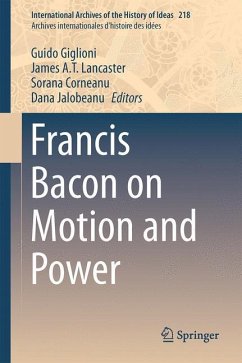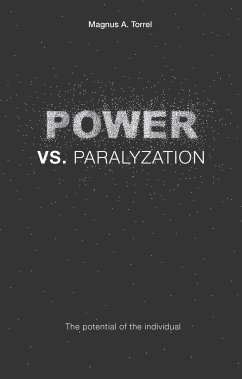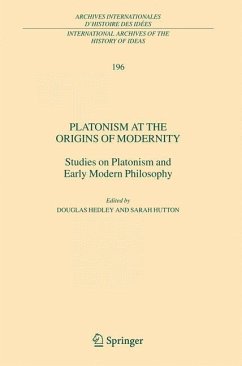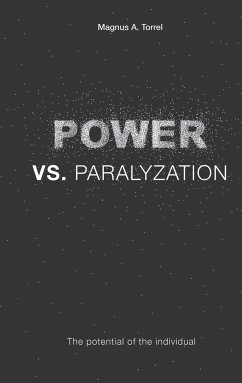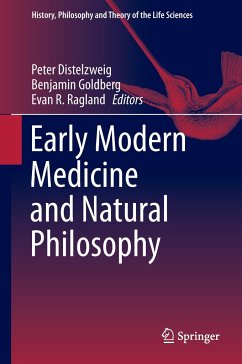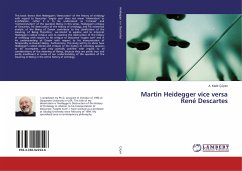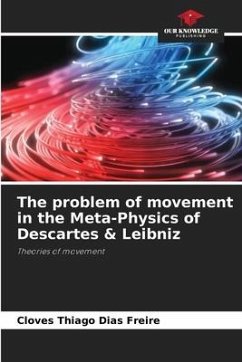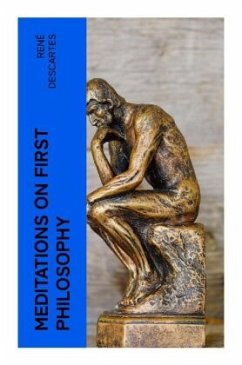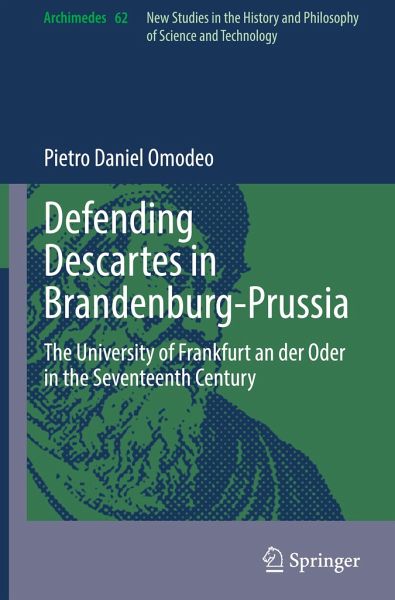
Defending Descartes in Brandenburg-Prussia
The University of Frankfurt an der Oder in the Seventeenth Century
Versandkostenfrei!
Versandfertig in 6-10 Tagen
98,99 €
inkl. MwSt.
Weitere Ausgaben:

PAYBACK Punkte
49 °P sammeln!
This volume is a study of the many dimensions of the early reception of Cartesianism in German-speaking Europe during the seventeenth century based on the case of the University of Frankfurt an der Oder. It investigates the broad context of that discussion, which was at once scientific, cultural, political and socio-institutional. Chapter by chapter, the book sheds light on the most relevant aspects of the environment of the time. It is aimed at historians of science and philosophy, as well as scholars investigating German-speaking Europe of the 17th century.




